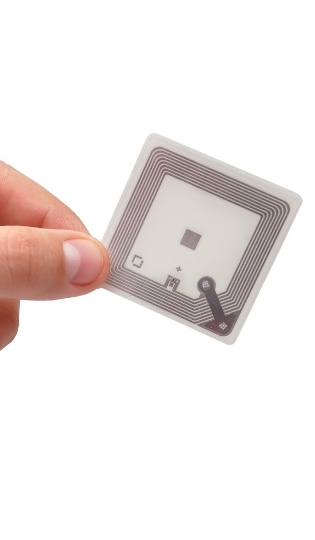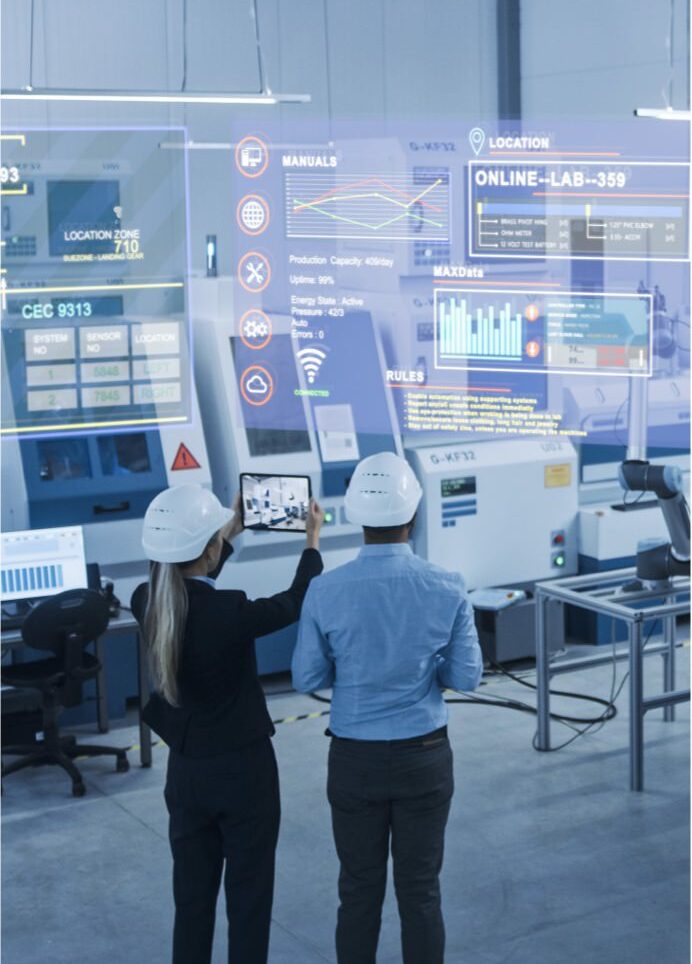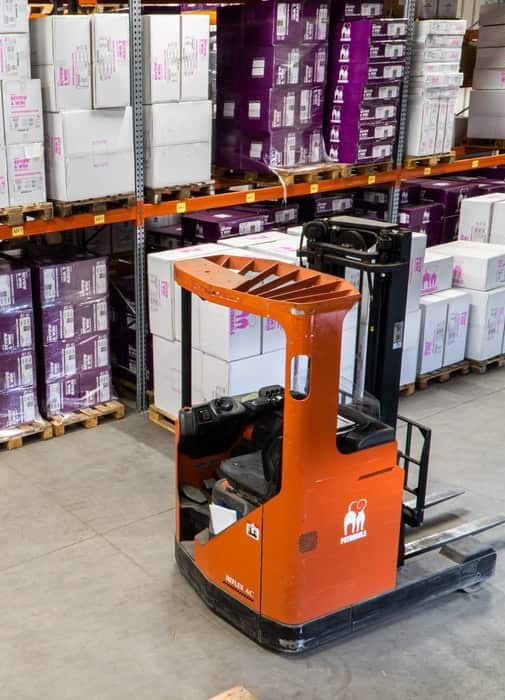RFID is sometimes seen as a panacea for the industry. However, when manufacturers take a closer look at this technology, they quickly realize its barriers. Our article on the limitations of RFID aims to address them.
In this article, we will focus on the price of this technology.
Any manufacturer who deploys this kind of solution hopes to get a quick return on investment between the money invested and the money earned. Many costs are to be taken into account in this kind of solutions: hardware, software, installation, maintenance, training, etc. We will focus here on the price of the hardware, which is usually a deterrent for manufacturers.
What an investment for companies
Hardware represents a significant cost in the investment made by companies. These costs vary according to the need, the use, the quantity and especially the quality of the product. There are many products derived from RFID at exorbitant prices that can inflate the bill.
I think in particular of the RFID cabinets which reach astronomical sums without real reason.
The price of RFID
Below, we have tried to represent the price ranges of the different types of RFID tags and labels.
Active tags can collect a lot of additional data such as temperature, humidity or pressure.
Unfortunately, the price of this type of solution can be high for a large deployment.
Passive tags, on the other hand, are getting cheaper and more efficient. Their price can still vary depending on the quality of the product, the requirements (metal surfaces) and the means of fixation used. Still, RFID technology is becoming more and more democratic over the years with an ever increasing production in China.
| Product | Price | Usage |
|---|---|---|
| Passive LF tag | from 0,15 à 5€ | Short range tag (0 à 30 cm) |
| HF passive tag | from 0,15 à 5€ | Medium rage tag (0 à 1m) |
| UHF passive label | from 0,12 à 1,5€ | Long rage label (3 à 10m) |
| SHF passive label | from 0,2 à 1,5€ | Medium range label (0 à 1m) |
| HF active label | from 2 à 30€ | Very long range label ( 5 à 100m) |
Other RFID-enabled devices
It goes without saying that the infrastructure of an RFID solution is not limited to tags.
There are a variety of devices that can communicate with, program or leverage these tags.
The RFID readers (static) will allow to mesh a shopfloor while the RFID snowshoes and over-gloves will allow to bring flexibility in the detection of the tags. Decathlon or Safran use these snowshoes to carry out the inventory of their products on the shelf or their tools.
The RFID cabinets allow the cabinet to perform an instant inventory of the products it contains. The acquisition cost remains extremely high. Few manufacturers can afford to invest up to 20 000€ per cabinet.
Startups such as JAD offer a kit to be fixed on existing cabinets at a lower cost to make them connected, but count 4000€ per cabinet.
There are two types of RFID printers: standard printers and encoder printers.
The so-called standard printers do not allow the insertion of data within the RFID tag. Its acquisition cost is lower than the so-called encoder printers. Nevertheless, they present the risk of confusion in the treatment of the flows of labels.
The encoding printers, as for it, have certainly their system of printing of RFID label but also of encoding. In each label, all the information can be encoded: manufacturing process, production date, quotation of the manufactured products, etc. Their price is however more important: from 650€ to 6000€.
| Product | Price | Usage |
| Anchored reader | from 50 à 10 000€ | Boîtier de lecture des badges et étiquettes RFID |
| Detection racket | from 1 000 to 3 000€ | Portable RFID reader |
| Smart cabinet | from 4 000 à 20 000€ | Storage cabinet with RFID detection |
| Overgloves reader | from 1 000 à 2 000€ | RFID reading over-gloves |
| RFID printer | from 450 à 6 000€ | Real-time RFID tag printing |
The price of these devices is very variable, and it is sometimes complicated to find one’s way among all the solution providers.
Not all solutions are reliable, especially in industrial environments. It can be interesting for industrialists to get closer to other companies that have already experimented with this kind of solution to capitalize on their feedback.
Many clubs exist today to facilitate exchanges between companies.
Written by Emma Grignard







